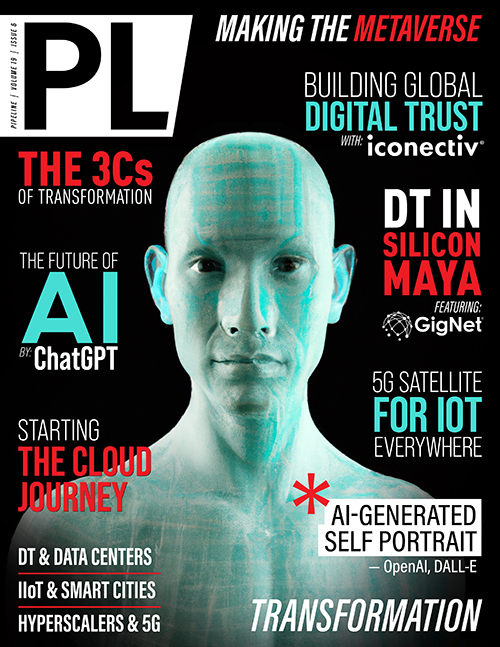Global Trust and Transformation
By: Peter Ford - EVP Head of Information Solutions, iconectiv
In the predigital era, trust was somewhat simple. Trust was built upon traditional values like reliability, credibility, and security, which were somewhat inherent in our daily lives. A firm handshake and a look into the eyes may have been all that was needed to establish trust at the time.
Today, however, our digital world extends far beyond our physical presence — spanning countries and continents in a web of global connections. The nature of trust may be different, and certainly more difficult to establish, but it’s no less important. In fact, trust has become integral and critical for the sustainable success of any business in today’s hyperconnected world.
The stakes today are high, and the risk associated with security breaches can cost billions of dollars and destroy global brands. Year-over-year data shows 40 percent more individuals were affected by data breaches in 2022 than in 2021—with breaches hitting more than 422 million people. Consider the public brand damage and loss of consumer trust that follows global breaches like Rackspace’s, along with cybersecurity attacks over the last year on News Corp, Apple, Meta, Twitter, and many more.
Further, the fear of these risks is impacting our ability to trust and communicate with each other. Communication Service Providers (CSPs) now find themselves in a unique position, providing the backbone for global connectivity to innovate the exchange of digital trust across global networks. And the opportunity is as challenging as it is imperative.
Downloads
-
Trusted
Communication Superhero Infographic
- Accelerating 5G Roll-Outs
- Simplify Financial Compliance, Streamline Asset Management
- Outsmart the Fraudsters
- Support Fast, Efficient 5G Roll-Outs
iconectiv
Your business and your customers need to access and exchange information simply, seamlessly and securely. iconectiv’s extensive experience in information services and its unmatched numbering intelligence helps you do just that. In fact, more than 2 billion people count on our platforms each day to keep their networks, devices and applications connected. Our cloud-based Software as a Service (SaaS) solutions span network and operations management, numbering, trusted communications and fraud prevention. For more information, visit www.iconectiv.com. Follow us on Twitter and LinkedIn.
Transformational forces
There are several drivers underscoring the importance of trust and need for transformation. Research reveals that 80 percent of people no longer answer the phone if they don’t recognize the number—a percentage that has only gone up over the last few years. Thanks in large part to fraudsters, this illustrates the stark difference between today and a time when trust was inherent, and there was a belief that only those who knew you were calling you and were calling you with a legitimate purpose—and in return, you could be sure of their identity. Today, it can be hard to be certain that a caller is who they claim to be. But the importance of trust now extends well beyond the voice call, as the omnichannel landscape encompasses email, mobile, social, Internet, and other channels, too.
In addition, networks are now doing more than ever. Initially designed to simply route and connect voice, text, and (later) data traffic, networks are now delivering streaming media, access to payments, underpinning banking and commerce, and much more. Increased demand, reliance on interconnection between CSPs, multichannel communication options, and an expanding ecosystem only add to the complexity. This elevates the importance of trust when fraud, phishing, scams and spam and have become simple facts of life—changing the way we act, and interact, on a daily basis.




















